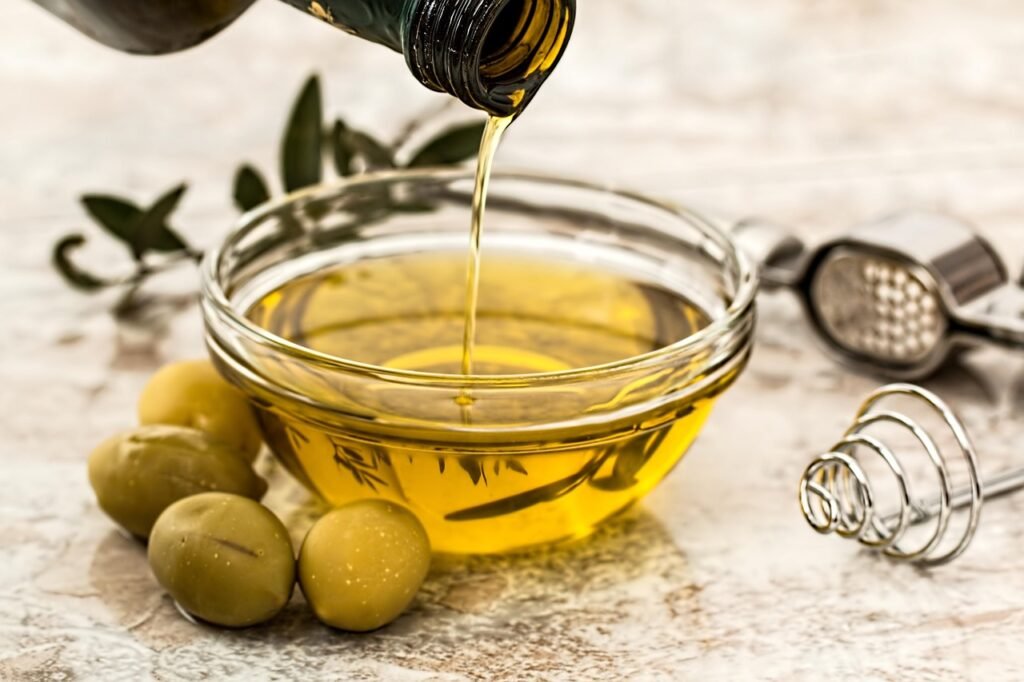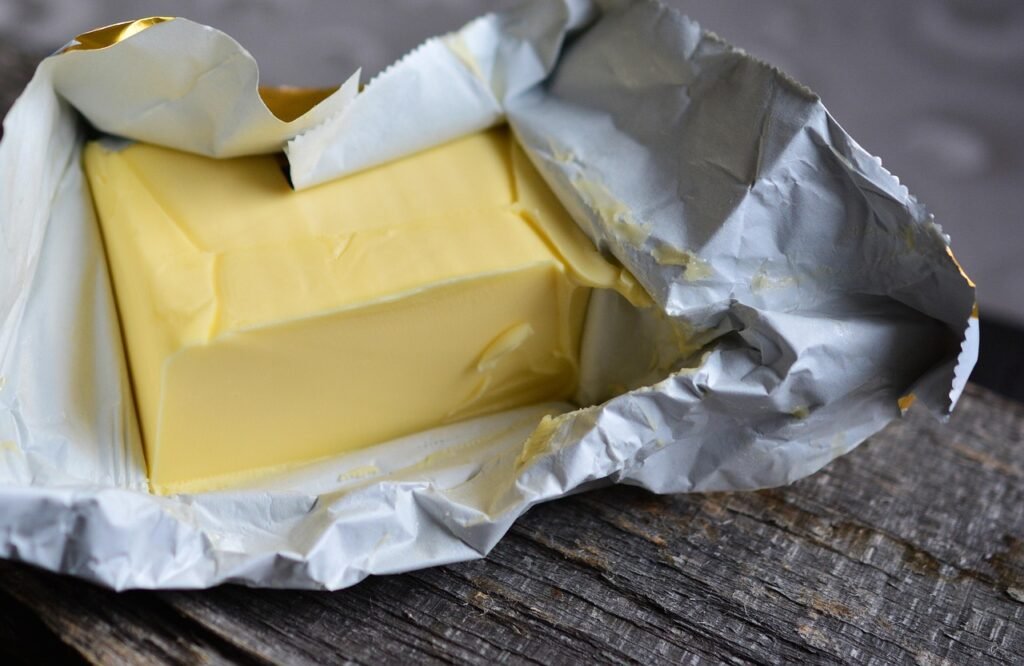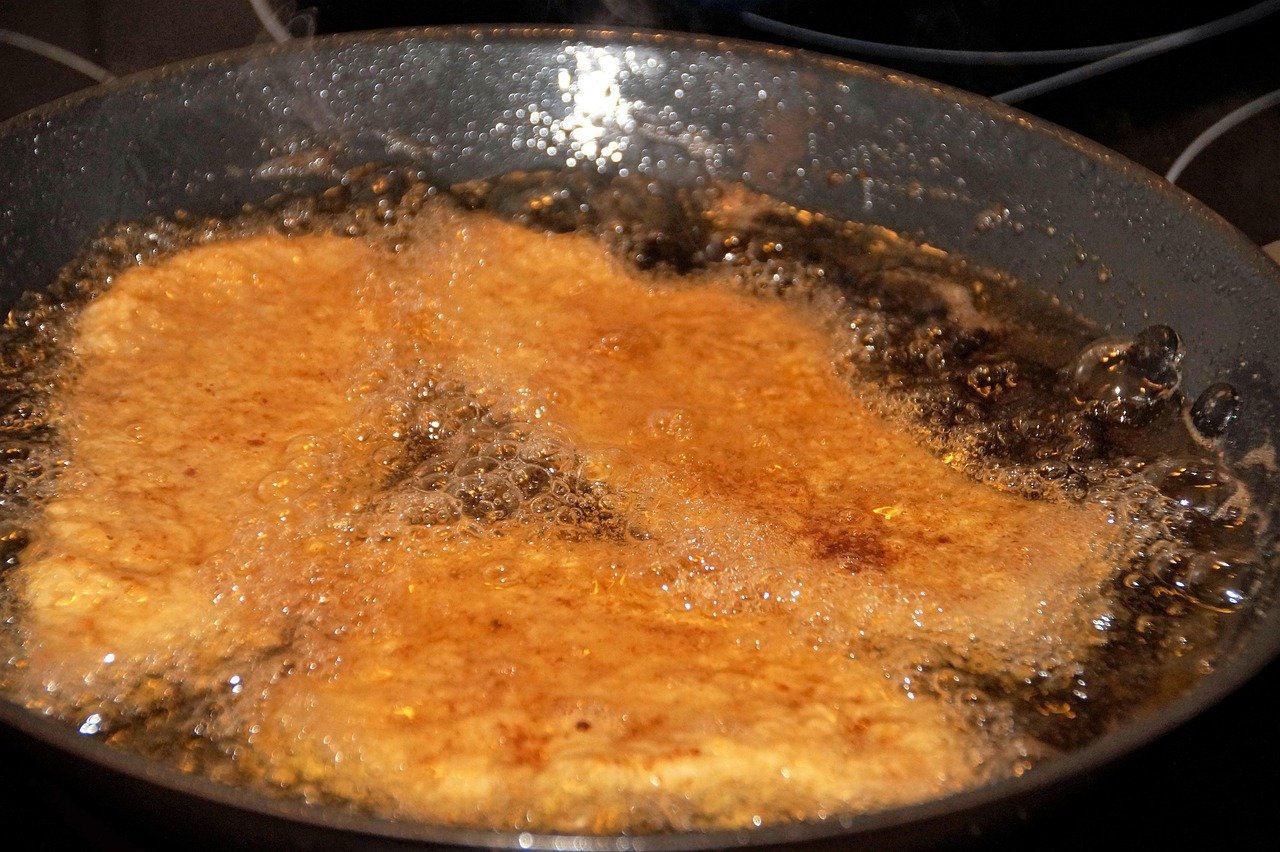Feeling overwhelmed by the endless bottles of cooking oil at the store? You’re not alone. The message on fats is always changing, making is hard to know what’s truly healthy.
Let’s simplify it. The key to choosing the right oil isn’t about finding one “best” bottle. It’s about matching the oil to the meal. This guide will help you navigate the shelves with confidence and make choices that are good for your health and your wallet.
Your Quick-Reference Cooking Oil Cheat Sheet
Forget the complexity. Here’s straightforward plan for your kitchen:
For Everyday Frying & Sautéing: You can’t go wrong with sunflower oil or rapeseed oil (often slod as simple “vegetable oil”). They are affordable versatile, and heart-healthy because they’re low in saturated fat. A basic olive oil is also a great choice for everyday pan-frying.
For Salads, Drizzling & Flavor: This is where extra virgin olive oil shines. Packed with flavor and antioxidants, it’s perfect for dressings, dipping bread, or finishing a dish. Don’t use its expensive, delicate flavor for high-heat cooking.
For Deep Frying: When you need high heat, choose an oil with a high “smoke point”. Sunflower oil and vegetable oil are perfect here, as they stay stable and don’t break down easily.
For Fun & Flavor: Oils like sesame, coconut, or avocado are great for adding specific tastes to stir-fries or cold dishes. Use them for their unique flavors, not as your everyday workhorse.
Answering Your Top Oil Questions
Can I use olive oil for frying?
Yes, but it depends on the type of frying. Regular olive oil is fine for shallow frying. However, for deep-frying, it’s best to avoid extra virgin olive oil because its low smoke point can make it taste bitter. Save it for lower temperatures.

Is vegetable oil unhealthy?
No, this is a common myth! Oils like sunflower and rapeseed are actually good for you. They are rich in polyunsaturated fats (like omega-6), which are essential for heart and brain health, especially when you use them instead of solid fats like butter or lard.
What about butter vs. margarine?

The story on margarine has changed. Old versions contained unhealthy trans fats, but modern margarines have virtually none. Swapping butter for margarine can be a simple way to help lower your bad cholesterol. You don’t have to give up butter completely, but enjoying it in moderation is a smart move.
The Simple Takeaway
You don’t need a pantry full of expensive, trendy oils. The healthiest approach is simple:
1. Keep two main oils: One affordable all-rounder like sunflower or vegetable oil for cooking, and one flavorful extra virgin olive oil for finishing dishes.
2. Think about swaps: The biggest health comes from replacing solid fats (butter, lard) with liquid oils.
3. Don’t overthink it: Choose based on your taste, your recipe, and your budget. By using the right oil for the right job, you’re already making a smart choice for your well-being.





















